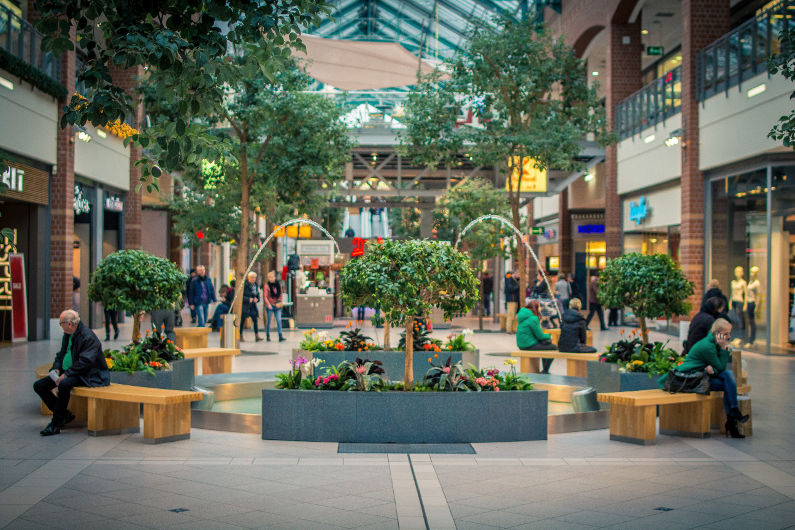Technology Is advancing amongst the high-street quicker than ever before, with the likes of scan-on-the-go and self-service checkouts being introduced. Because of this, elderly shoppers are starting to find it difficult to keep up with these technical trends that are constantly changing the shopping experience.
Anchor had released a report, that found that older shoppers are feeling they aren’t getting catered for in high street shops. With this comes a warning that if things aren’t improved, high street shops are at risk of losing up to £4.5 billion in lost trade each year by 2030.

The report, entitled ‘Older generations to rescue the high street’, reveals that:
- 23% of older people aged 70+ say they feel ‘shut out’ from the high street.
- 60% of older people are concerned about the limited seating that is provided in shopping areas, including inside shops.
- 33% of older people would feel embarrassed to ask for a seat in a public place.
- 24% of older people are put off by self-checkout machines.
“Going shopping is something most of us take for granted and yet many thousands of older people feel excluded from our high streets. This is an issue not to be overlooked, as it increases older people’s isolation and loneliness, in turn affecting health and wellbeing. It’s also important for retailers who are missing out on huge amounts of revenue. We must value older people – everyone should have the chance to live life to the fullest, regardless of age,” was one comment from Jane Ashcroft CBE, the Chief Executive of Anchor.
The charity is calling more retailers to stand behind it’s ‘Standing Up 4 Sitting Down’, which is campaign in place to tackle loneliness and improve overall health amongst the older generation. This is a national initiative encouraging retailers to provide seating for its older customers in shops. Now, there are more than 1,500 across the country which have signed up to the scheme, including Sainsburys and Morrisons. But more are needed.
If the high streets continue to lack an age-friendly environment then they could be at risk of losing out on billions of pounds of revenue each year, due to increase in the younger generation shopping online. Therefore, the high-street is reliant on the older generation to keep in-store shopping alive.
The Foresight Director at the Centre for Future Studies, Dr Frank, has created a report for Anchor. He pointed out that: “Baby boomers are an economic force to be reckoned with. As they enter older age, their refusal to retire quietly is an opportunity to reinvigorate the high street, transforming it into a diverse, prosperous, and age-friendly environment. The alternative, £4.5bn annual losses and the death of the high street, will be devastating not just for older people but for everyone.”

It’s important to make stores more accessible for this audience. These include placing in-store seating areas where people can take a rest if they need to, and a return to a good old-fashioned service by real human beings, rather than impersonal and sometimes confusing automated checkouts, and even stairlifts when elevators aren’t present. For some older people, especially those who live alone, the social interaction they get while out shopping is extremely important.
Because of online shopping rapidly increasing, investing in these technologies could be a bad move for retailers. Don’t alienate your older customers, as providing a mix of checkout options to suit the differing needs to shopping would be a more sensible route.
Download the report here.
Learn more about the “Stand Up 4 Sitting Down” campaign here.


